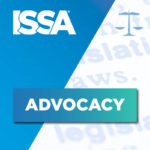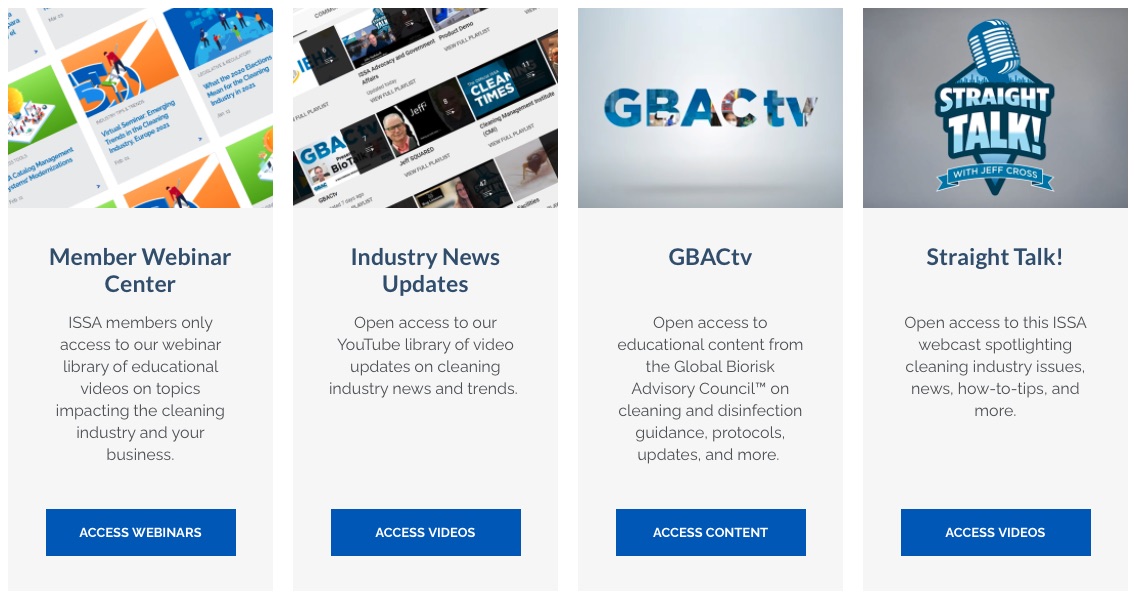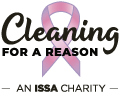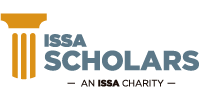News
Coronavirus Government Response Update—FDA Warning on Dangerous Chemicals in Some Hand Sanitizers
June 23, 2020
Welcome to the Coronavirus Government Response Update. This information is intended to keep ISSA members up to date on fast-moving government affairs related to the COVID-19 pandemic, as well as other public policy issues important to the cleaning industry. Today’s update touches on the FDA’s waring against nine hand sanitizers containing methanol, delayed COVID-19 aid spurring a search for faster payments, potential liability protections for businesses in the next coronavirus relief package, and more.
FDA Warns Against Nine Hand Sanitizers After Dangerous Chemical Discovered
The U.S. Food and Drug Administration (FDA) warned against the use of nine hand sanitizers produced by Mexico-based manufacturer Eskbiochem SA due to the presence of methanol. Methanol is a toxic substance which, if ingested or absorbed through the skin, can be perilous. The agency said consumers who have used hand sanitizer containing methanol should seek immediate treatment, stop using the products, and dispose of them immediately in appropriate hazardous waste containers. The FDA contacted Eskbiochem to remove the products from the market.
Delayed COVID-19 Aid Induces Search for Faster Payments
Financial aid aimed at supporting Americans during the coronavirus pandemic has taken a long time reach the most vulnerable, who are often disconnected from the banking system. Approximately 34 million people waited a month or more for paper checks, and 30-35 million more have yet to receive their payments. In response, Congress discusses how to improve the speed and accessibility of the payments system.
Next Coronavirus Relief Package Could Include Liability Protections for Businesses
So far, few coronavirus-related lawsuits have been filed in the U.S. But as businesses continue to reopen, some are worried they will see an uptick in lawsuits from sick workers and customers. Republicans and trade groups argue that fear of lawsuits could keep businesses from reopening, while Democrats and labor groups believe liability protections could shield employers who are not keeping their workers safe. Nonetheless, in most workplace lawsuits, it would be “significantly challenging for employees to prove they contracted the coronavirus while at work, rather than through other means…” according to CNBC, “and they’ll have the additional burden… in proving that the workplace was at fault. That it breached some duty of care.”
Former Fed Economists Recommend Widening Scope of $600 Billion Main Street Lending Program
The Federal Reserve has already increased eligibility of its Main Street Lending Program twice since its April announcement. Yet former central bank economists William B. English and Nellie Liang said there is still room to increase participation. “We believe the current program would be more attractive and, thus, more effective if loan terms were more tailored to the characteristics of borrowers, the rigidity of fixed debt repayments was reduced, and lenders received more compensation for taking additional risks,” the economists wrote.
‘Pivotal Week’ for U.S. States with Coronavirus Spikes, Former FDA Chair Says
The U.S. recently recorded the highest daily total COVID-19 cases since May 1, due to record increases in a dozen states. These states are beginning a “pivotal week” that might dictate whether “they’re tipping over into exponential growth or not,” said former Food and Drug Administration (FDA) Commissioner Dr. Scott Gottlieb. “The statistics to watch this week will be the doubling rate of the outbreaks in such states…” Gottlieb said. “States with the worst outbreaks might have to start closing businesses down again,” he warned. Meanwhile, seventeen states and Washington D.C. have documented a drop in cases.
White House Extends Immigration Restrictions Through End of the Year
On Monday, the White House issued an executive order to suspend several employment-based visas through the end of December, citing the coronavirus pandemic and economic downturn. The proclamation barred workers on: H-1B specialty visas, H-4 visas for spouses of foreign workers, most types of H-2B nonagricultural work visas, most J-1 visas for exchange students and visitors, and L-1 visas that allow companies to transfer in foreign workers to U.S. outposts. The proclamation has exceptions and was not expected to affect people already in the United States on these visas, who have the visa and are abroad, permanent residents, and certainly family members of U.S. residents.
Other Links of Interest:
- Register Now for ISSA’s New Advocacy Webinar: What Your Business Needs to Know with Special Guest Rep. Darin LaHood
- Become an ISSA Advocate for Clean
- Enhance the Voice of the Cleaning Industry: Share Your Elected Official Contacts with ISSA
- SBA Coronavirus (COVID-19): Small Business Guidance and Loan Resources





